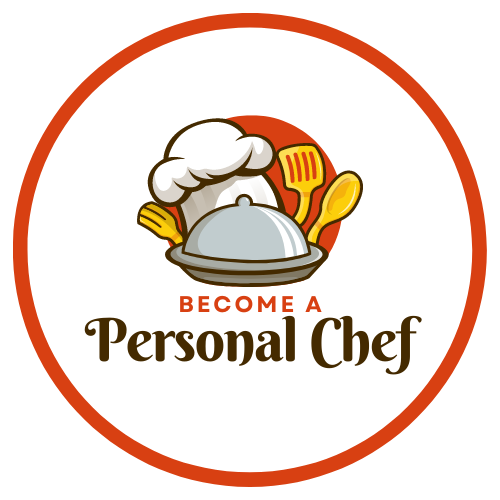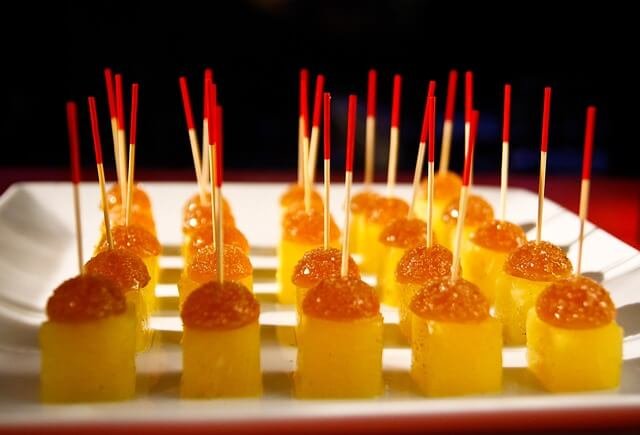Table of Contents
ToggleCatering for Personal Chefs
The world of culinary arts is a canvas for personal growth, professional exploration, and — importantly — financial success. Personal chefs, often the unsung heroes behind custom meals and intimate dining experiences, are poised to expand their horizons in a booming industry sector: Catering for Personal Chefs.
For those already comfortable with the demands of a diverse personal chef clientele, the leap to offering catering can be both financially rewarding and inherently satisfying.
In this comprehensive guide, we’ll walk you through the steps to add Catering for Personal Chefs, ensuring that you are equipped with the knowledge, tools, and network needed to thrive in this competitive industry. From understanding the market demands to building a presence, our goal is to empower you to explore the lucrative art of taking your personal chef skillset into the exciting world of catering.
Exploring Catering for Personal Chefs
Personal chefs are already familiar with the demands of creating exceptional culinary experiences; catering is a natural extension of this service. The catering sector boasts a high demand for professionals who can deliver high-quality food, and it offers a unique blend of challenges and rewards you won’t find elsewhere.
Lucrative Potential and Market Demand
In a world where convenience and quality are paramount, the market for personal cooks-at-large is expanding. From the growing gig economy to businesses that outsource their kitchen expertise, the potential for personal chefs to provide catering services is boundless. Catering for small events, corporate functions, and even weddings can open new revenue streams and grow your clientele exponentially.
Importance of Diversifying Services
For a personal chef looking to solidify their place in the ever-changing food industry, specializing in more than just in-home meals can be a game-changer. Catering for Personal Chefs, not only do you open up new opportunities, but also you present new ways to delight customers. Offering a diverse portfolio of services can make your brand more resilient in economic downturns and less susceptible to seasonal variations.
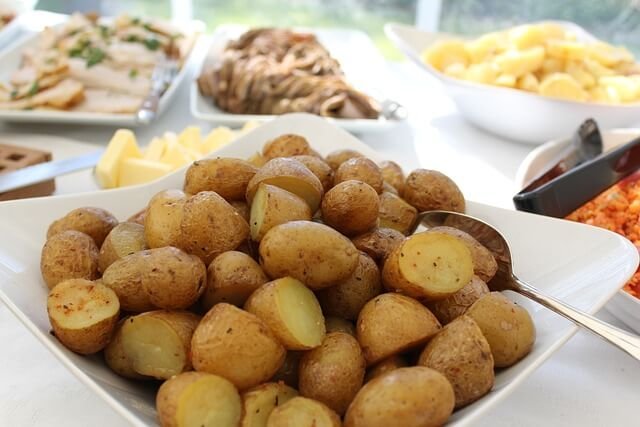
Getting Started in Catering for Personal Chefs
Venturing into the catering world requires careful planning and an understanding of the unique demands it presents. As a personal chef, you are already familiar with preparing meals for individual clients in their homes. However, catering involves cooking for larger groups of people at events and parties, which can be a whole different ballgame.
One of the first things to consider before starting your catering business is your target market. Who do you want to cater to? Will it be corporate events or private parties? Are you focusing on a specific cuisine or dietary restrictions?
Once you have identified your target market, it’s important to create a menu that caters to their preferences. This may involve doing some research on the popular dishes in that particular demographic or creating unique and customizable options.
Here are some crucial steps to help you get started.
Key Do’s and Don’ts for Personal Chefs in the Catering Field
- Do invest in marketing and building a brand identity for your catering service.
- Do maintain high levels of customer service.
- Do explore event planning to complement your catering service.
- Don’t underestimate the importance of food safety and proper handling regulations.
- Don’t overextend by immediately catering for large events without proper experience.
- Don’t skimp on the tasting sessions; ensure you’re confident in the dishes you’re providing.
Understanding Insurance Requirements and Liabilities
A robust insurance policy is non-negotiable when dealing with the public and large events. General liability insurance and professional liability insurance can offer you protection against potential mishaps, which could be financially devastating without proper coverage.

Starting Small and Scaling Up
Catering for Personal Chefs. Every enterprise, no matter how small, has the potential to grow. You don’t have to immediately tackle the local marathon—start by serving small, intimate gatherings and gradually expand your ventures. This way, you can gradually build your skills, reputation, and client base.
For personal chefs looking to start their own catering business, starting small is key. By focusing on smaller events such as private dinners or small parties, you can perfect your craft and gain valuable experience before taking on larger events. This allows you to fine-tune your menus, cooking techniques, and event planning skills without feeling overwhelmed.
In addition to honing your skills, starting small also helps you establish a strong reputation among your clients. Word of mouth is one of the most powerful marketing tools for any business, and by consistently delivering exceptional service at smaller events, you’ll likely receive rave reviews from satisfied customers. These positive reviews will help attract new clients.
Strategies for Beginning with Small Events
Take on family gatherings, small corporate events, and reunions. These events not only offer you valuable experience but also the opportunity to receive direct, detailed feedback from your clients.
I knew a personal chef that started offering Spanish Paella for small events. She soon became the go-to-chef for paella parties.
Necessary Tools and Equipment for Catering Operations
Invest in portable kitchen equipment, sturdy transportation options, and stylish yet functional serving ware. Your culinary creations must not only taste extraordinary but also be presented beautifully, and portable appliances allow for that quality to shine in any off-site location.
As a professional caterer, having the right tools and equipment is crucial for delivering top-notch services. Here’s a comprehensive list tailored for an aspiring personal chef looking to expand their services. This guide covers essential kitchen tools, kitchenware, silverware, and tableware, complete with detailed descriptions to help you make informed decisions.
Kitchen Tools
- Chef’s Knife – A versatile kitchen tool used for chopping, slicing, and dicing. Opt for a high-carbon stainless steel blade for durability and ease of sharpening.
- Paring Knife – Ideal for peeling fruits and vegetables, trimming, and other tasks requiring precision. A blade length of 3-4 inches is recommended.
- Serrated Bread Knife – Essential for cleanly slicing through bread without crushing it. Look for one that’s long enough to handle various bread sizes.
- Cutting Boards – Invest in both wooden and plastic boards; wood for bread and dry goods, and plastic for raw meats to prevent cross-contamination.
- Mixing Bowls – A set of mixing bowls in various sizes, preferably stainless steel or glass, is essential for preparing ingredients.
- Measuring Cups and Spoons – Accurate measurements are crucial. Ensure you have both dry and liquid measuring cups and a set of measuring spoons.
- Whisk – Necessary for emulsifying dressings, whipping cream, and beating eggs. A balloon whisk is the most versatile type.
- Spatulas – Silicone spatulas are heat-resistant and perfect for scraping bowls clean without scratching surfaces.
- Tongs – A pair of sturdy tongs is indispensable for flipping, turning, and serving food.
- Peeler – A sharp peeler saves time and reduces waste when peeling vegetables and fruits.
Kitchenware
- Saucepans – A selection of sizes with lids for making sauces, boiling pasta, and more. Look for heavy-bottomed pans to prevent scorching.
- Skillets/Frying Pans – Non-stick and cast iron skillets cater to different cooking needs, from sautéing vegetables to searing meat.
- Stockpot – Necessary for making stocks, soups, and boiling large quantities of food. A heavy-duty pot with a lid is ideal.
- Baking Sheets and Pans – Assorted sizes for baking cookies, roasting vegetables, and more. Consider materials that promote even heat distribution.
- Dutch Oven – Perfect for braising, stewing, and making soups. Cast iron with an enamel coating is highly recommended for its versatility and durability.
Silverware
- Chef’s Set – A professional chef’s set should include a variety of forks, knives, and spoons suitable for preparing and serving a wide range of dishes.
- Serving Utensils – Including serving spoons, ladles, pie servers, and salad tongs. These should be elegant yet durable.
Tableware
- Plates and Bowls – A comprehensive collection including dinner plates, salad plates, soup bowls, and dessert bowls. Opt for chip-resistant material.
- Glassware – Variety is key, including water glasses, wine glasses, and specialty glasses for cocktails and spirits.
- Flatware – Choose a design that complements your style. Stainless steel is preferred for its durability and ease of maintenance.
- Linens – High-quality tablecloths, napkins, and placemats add a touch of elegance and professionalism to your setup.
- Serving Dishes – A range of sizes and styles for presenting and serving food attractively.
Miscellaneous
- Food Processor – Saves time on chopping, grating, and blending. A must-have for efficient prep work.
- Blender – Essential for smoothies, purees, and soups. High-speed blenders offer versatility and power.
- Stand Mixer – For baking enthusiasts, a stand mixer simplifies dough and batter preparation.
- Thermometers – Meat and oven thermometers ensure food is cooked safely and precisely.
This comprehensive list will set the foundation for an aspiring personal chef aiming to provide exceptional catering services. Remember to invest in quality items that will last and enhance your cooking and presentation skills.
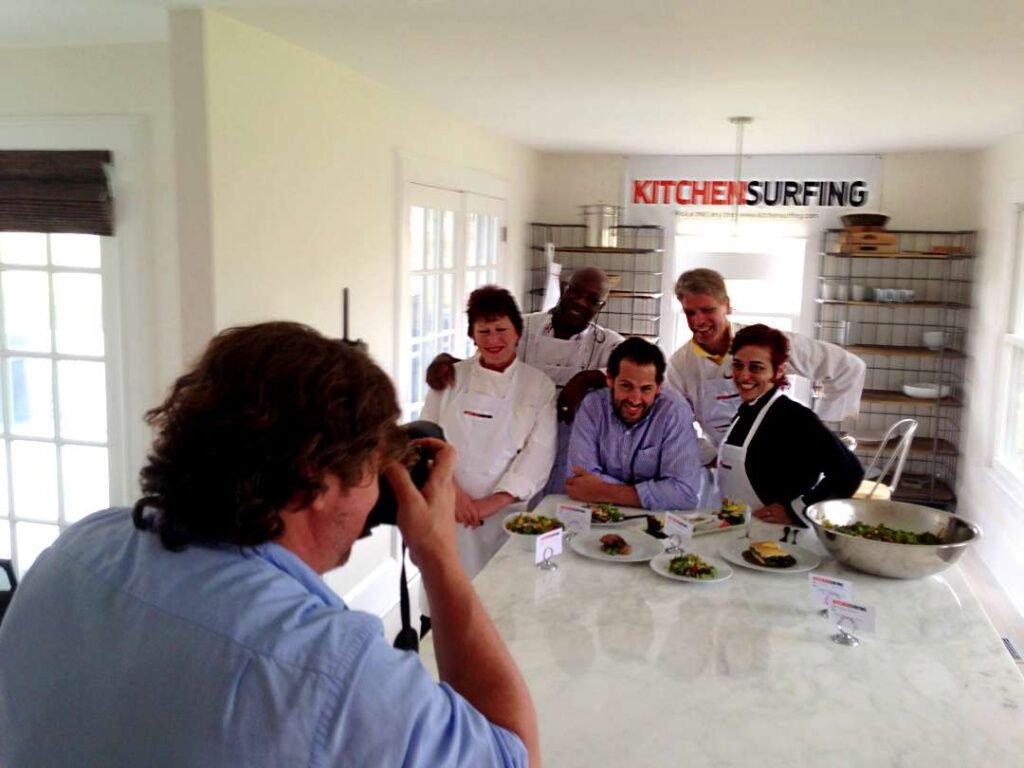
Building a Network and Collaborations
Connections in the catering world are as vital as the stock in a kitchen. As a personal chef, you already understand the value of networking; now, it’s time to expand those connections into the catering sector.
Establishing Contacts with Vendors and Suppliers
Begin by fostering strong relationships with local suppliers. Sourcing high-quality, fresh ingredients is key to the success of any catering event, and a reliable network of suppliers will be your greatest asset.
Leveraging Partnerships for Successful Catering Events
Consider collaborating with event planners, photographers, and even musicians. By forming partnerships, you enrich your client’s experience and potentially gain new customers through word-of-mouth.
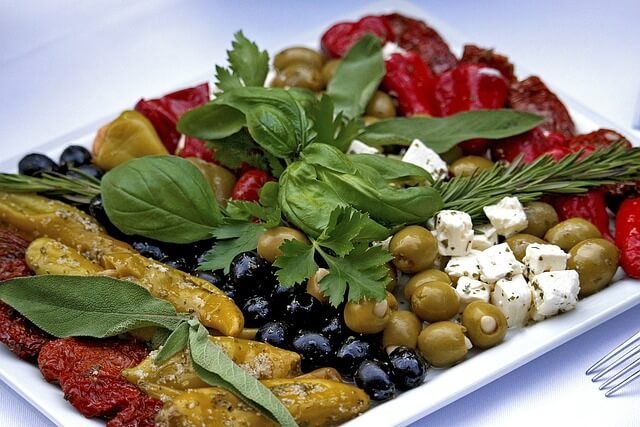
Catering for Personal Chefs
For personal chefs looking to advance their culinary careers, the addition of catering services is a logical and potentially lucrative step. With dedication, planning, and the right strategies, you can create a successful catering business that complements your existing personal chef services. The catering world awaits, and it’s yours for the taking.
Catering for Personal Chefs – Take the time to research, prepare, and execute your ideas with care, and you’ll find that the extension from personal chef to caterer is a satisfying and financially rewarding move. Don’t be daunted by the scale of events, as with all successful ventures, the key is to start where you are, use what you have, and do what you can. Happy catering!
